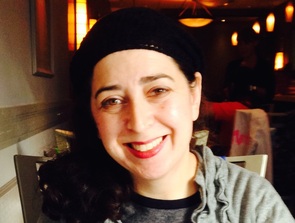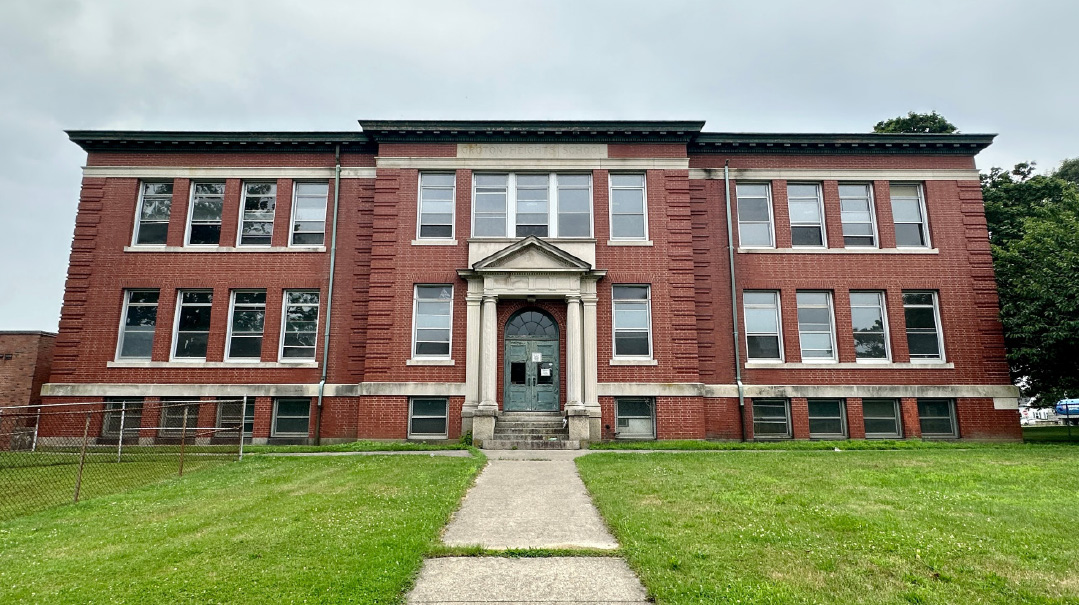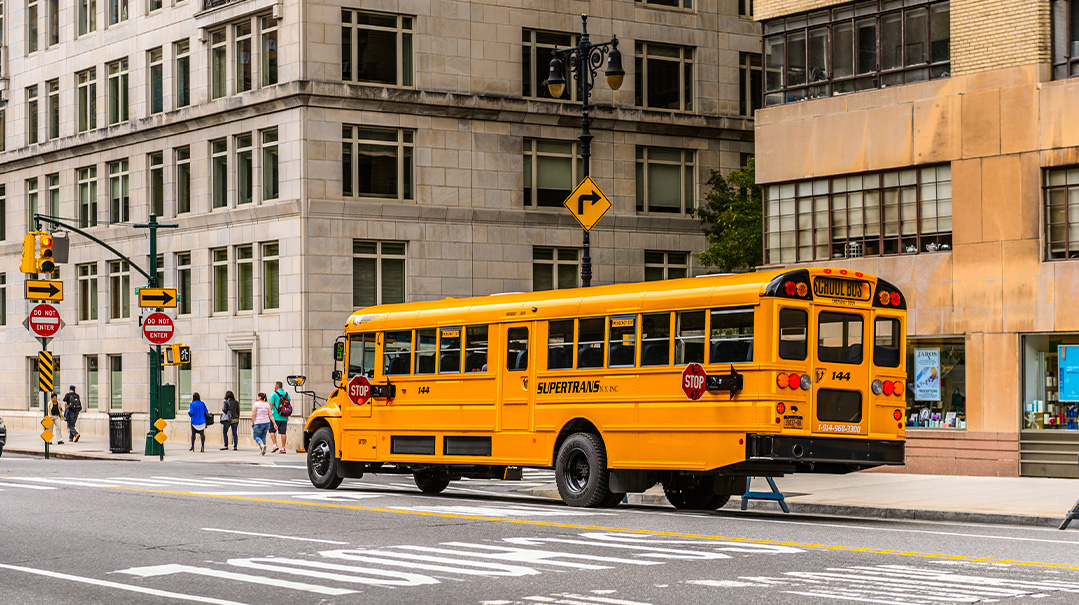New Jersey Ups Security Funding for Jewish Schools


Yeshivos and Jewish day schools throughout New Jersey will see their state allocations for security funding double this year if Governor Phil Murphy signs a bill sent to him in late December by the New Jersey legislature.
Bill S3080 provides for the transfer of $11.3 million from the general fund to the state’s Department of Education to increase security funds for nonpublic school students. This “supplemental appropriation” represents an increase from $75 to $150 per non-public school student.
“This is crucial, it’s desperately needed funds,” said Rabbi Yitzchak Kagan, administrator of the Clifton Cheder and Bais Yaakov of Clifton. “Security is so important for children and students. We can’t do enough to keep them safe with everything going on these days.”
Impetus for the bill’s passage, say several people interviewed, was the October 27 attack on a synagogue that killed 11 Jews in Pittsburgh, Pennsylvania. That shooting jarred both state officials and advocacy groups to push for increased security funding at Jewish schools. With hate crimes on the rise statewide, other parochial schools also expressed the need for more security funds.
Nearly 500 hate crimes were reported in New Jersey in 2017, according to the FBI. Additionally, according to the 29th annual “Bias Incidents in New Jersey” report published by the state’s attorney general, the “Jewish religion represented the most frequent religious group victimized by bias crime,” accounting for 30% of all bias offenses in 2016.
“In the world we live in today, security for Jewish schools should be a priority,” said Deena Kravetz, who works at Bnos Esther Malka elementary in Lakewood. “[We] would like to see that all of our children are safe when they go to school.”
According to school advocates, among the much-needed security measures are: security guards or increased hours for schools that currently have security guards, cybersecurity measures, and building infrastructure updates.
“Parents are asking that schools be better secured and ‘why doesn’t my school have this or that.’ The answer is the schools can’t afford it, especially in Lakewood, where they try to keep tuition low, the schools have to balance their budget,” said Rabbi Avi Schnall, director of Agudath Israel of America’s New Jersey office, which lobbied hard for the bill’s passage. “If they are hiring a security guard for $100,000, where is that money coming from?”
New Jersey assemblyman Gary Schaer of Passaic, who helped spearhead the bill, praised his colleagues for passing the legislation. However, he pointed out that the $150 per student allocation lags behind the $205 for school security provided to New Jersey public school students.
That disparity, the assemblyman said, is “unacceptable.”
“These are all New Jersey children and one might argue that those children in parochial schools… need more [security] funding than public schools. But the reality is there needs to be a parity between private and public schools,” Schaer said. “We’re not talking about anything that conflicts with church-state, we’ve proven that already. We just need to ensure all our children are protected and that parents can feel at ease sending their children off to school in the morning.”
Several other states provide security funding for non-public schools, including New York, Pennsylvania, Ohio, and Florida. Each state determines how much schools will receive and how the funding is distributed, whether through a block grant or a per-student allocation.
As for New Jersey, should Gov. Murphy sign the bill — and many believe he will after the holiday break — the increased funding would only be for the current fiscal year, which began July 1, 2018 and ends on June 30, 2019.
Yeshivah and day school advocates, including Agudath Israel and Teach NJ, a nonpartisan organization affiliated with the Orthodox Union that advocates for equitable funding in non-public schools, hope the allocation becomes a permanent part of the New Jersey state budget.
“Given the unanimous, bipartisan support for the bill and our strong multifaith advocacy, Teach NJ is optimistic that the funding will carry forward at the same or higher levels into the future,” said Josh Caplan, executive director of Teach NJ. “We will not give up our fight until there is parity in how New Jersey funds its most vulnerable population, our state’s school children.”
(Originally featured in Mishpacha, Issue 742)
Oops! We could not locate your form.













